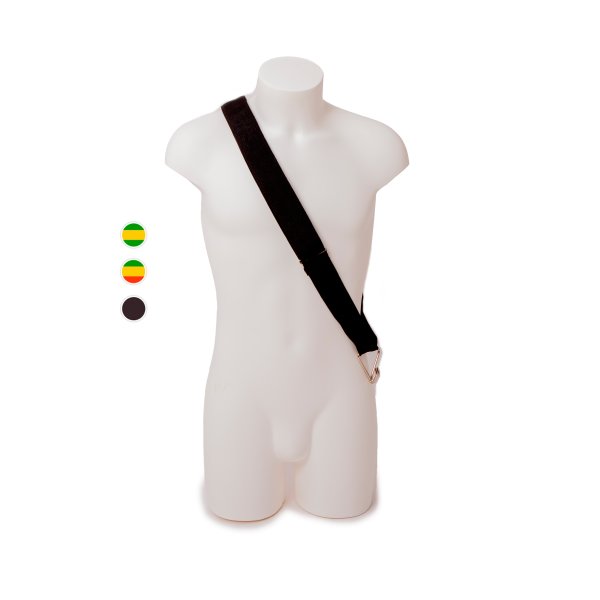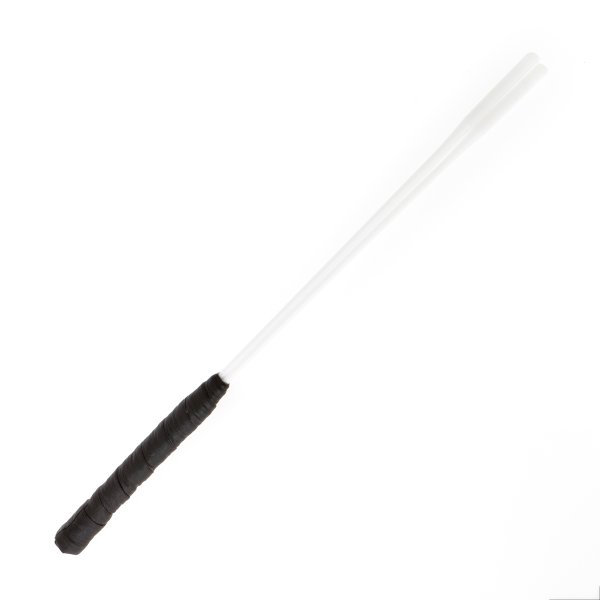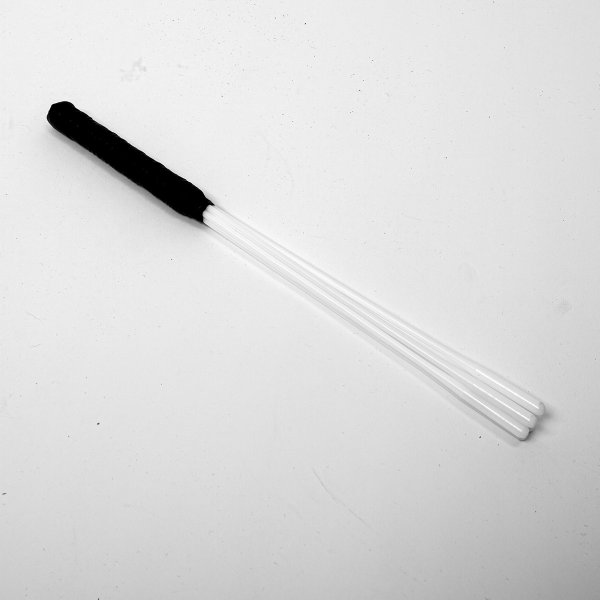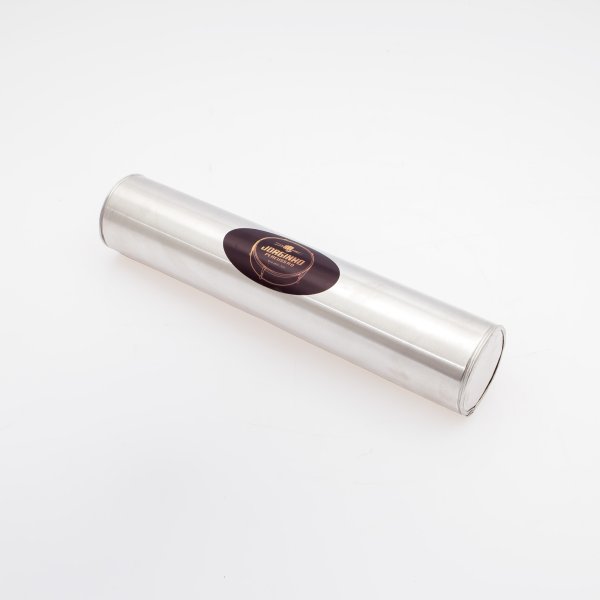Jorginho - authentic handmade Samba equipment from Rio
Jorginho lives in Rio and besides his work as an instrument servicer for big and small samba schools as well as his job in manufacturing Samba gear at renowned samba brands, he runs his own small production as a producer of several instruments and accessories. For our manufacturer's description here on the Kalango page, we talked to him about his work*.
________
Kalango: Hi Jorginho, how are you - everything alright? We got some really nice photos and videos of you building instruments here, thanks for sending those. We would like to introduce you to our customers on the manufacturer's section of our website. Sambistas do like to get to know the people who actually make their Samba gear. You used to be in charge of the maintenance of Monobloco instruments - is that still up to date? Many people in Europe know and love Monobloco! Please tell us, do you play yourself? For which school does your heart burn and how did you become an instrument maker, where do you make your products?
Jorginho: Yes, I am still the instrument warden at Monobloco, and also responsible for the maintenance of Samba equipment at Sargento Pimenta, Bangalafumenga, Fogo e Paixão, Desliga da Justiça, Quizomba amongst others. I originally started working at Artcelsior when I was 15 years old and I still work there today. I have made a living working in many Samba schools, maintaining the equipment and instruments, including at Mocidade, Imperatriz, Cabuçu and Unidos da Ponte. All these years I've been making all kinds of instruments, tuning and maintaining them, playing a bit of surdo and chocalho myself. But even after 40 years of working with instruments, I still don't play them all. When I worked at Imperatriz, I played chocalho, it seemed relatively easy and it didn't weigh that much.
Kalango: Have you made the products for us in a workshop or do you have a production room or a workshop at home, sort of a "home office"?
Jorginho: I usually work at the Artcelsior factory, but since the beginning of the pandemic I have been working at home. Baquetas, chocalhos, wrapping hide heads for drums and repair works - all this can easily be done from home. I have a space at home to work.
Kalango: But you have your own product line (the tamborim beaters, the ganzás, now also the straps...), that's your very own trademark, right?
Jorginho: Yes exactly, that's my own brand.
Kalango: Is there a particular reason why you started making your own Samba equipment? For many instrument and accessory makers it's like, they want to improve things that are already on the market, or Samba friends ask you to make something for them and then like it so much that you continue to further develop it, or something like that? Or is Samba simply your passion?
Jorginho: Actually, I have always liked my work. Instrument making was my first profession, and to this day I still like doing it.
Kalango: You have been doing this work for 40 years. I think you're lucky! Not many people find a job they love all their lives, do they? Is there anything else important we should know about you and your products?
Jorginho: I started making tamborim beaters at home. Macapart asked me to make some sticks for him to resell, so I started also making straps, ganzás and other things. And then I became "Rold" at Monobloco.
Kalango: Interesting! So you worked for several of the big sambadrum manufacturers.
Jorginho: Yes, that's right.
Kalango: What's a rold? What do they do?
Jorginho: A Rold is an instrument keeper, in charge of the maintainance of drums, someone who is responsible for the accessories, instruments and everything that the batuqueiros use. Whenever there is a parade or a party with the students of the samba school, I work as an instrument keeper. Like for the parties that Monobloco organises in the Fundição (an old factory), then I work on the balcony and take care of the instruments and all the accessories.
Kalango: Thank you so much for your time Jorginho, our customers will be delighted, they like to read a bit behind the scenes. And we also think it's important to show where the equipment comes from that we sell
Jorginho: All right, thank you very much.
*The interview has been slightly shortened in writing in order to transcribe the contexts understandably from Portuguese














